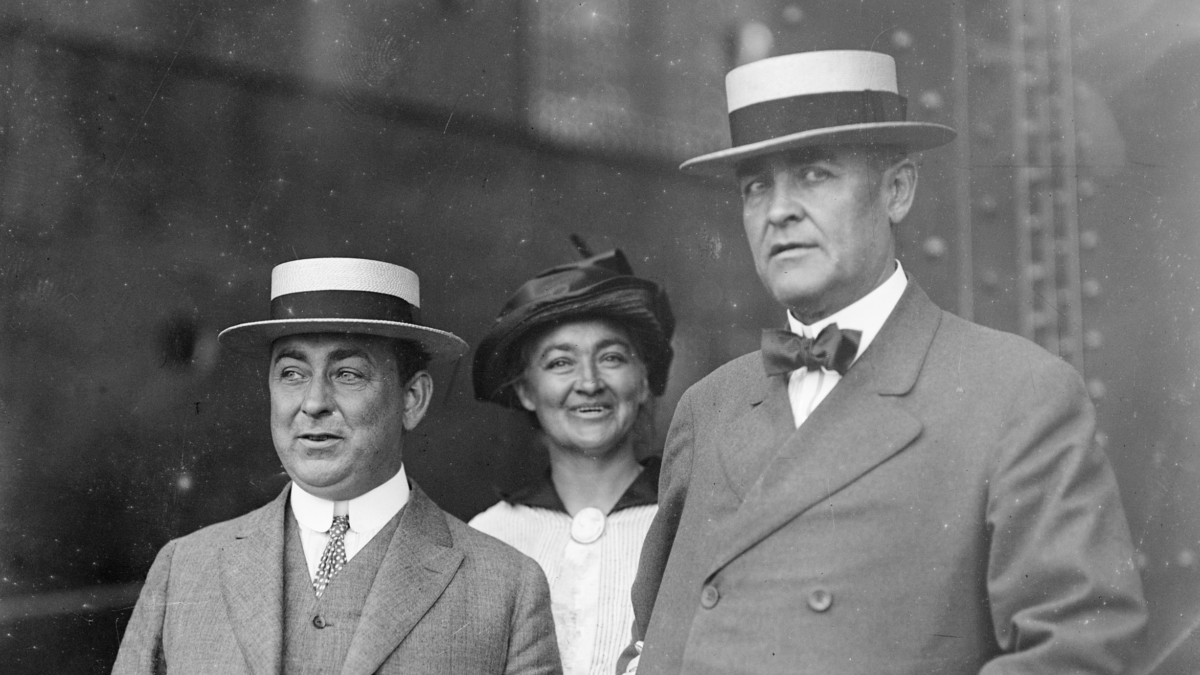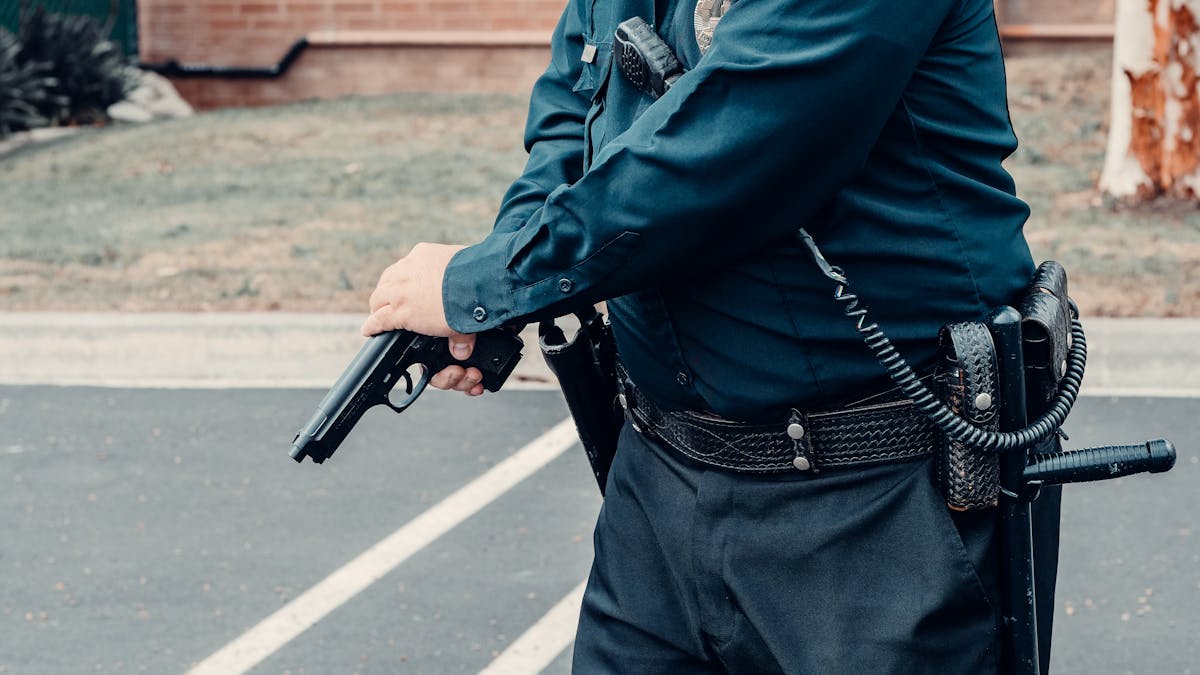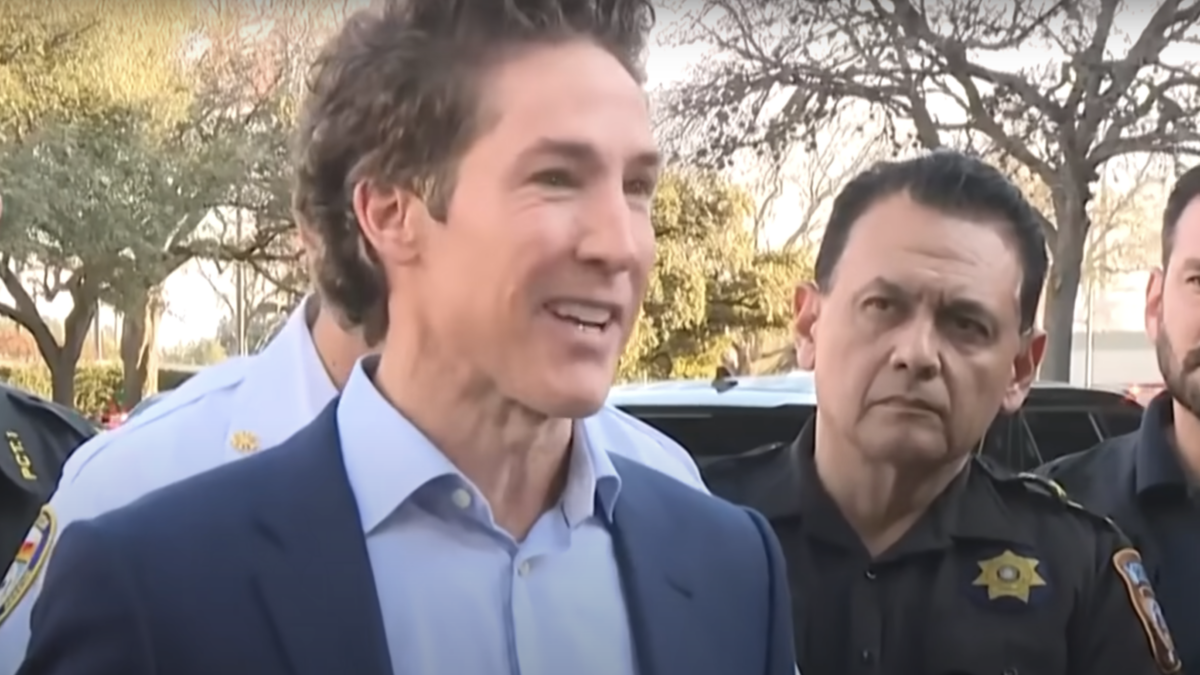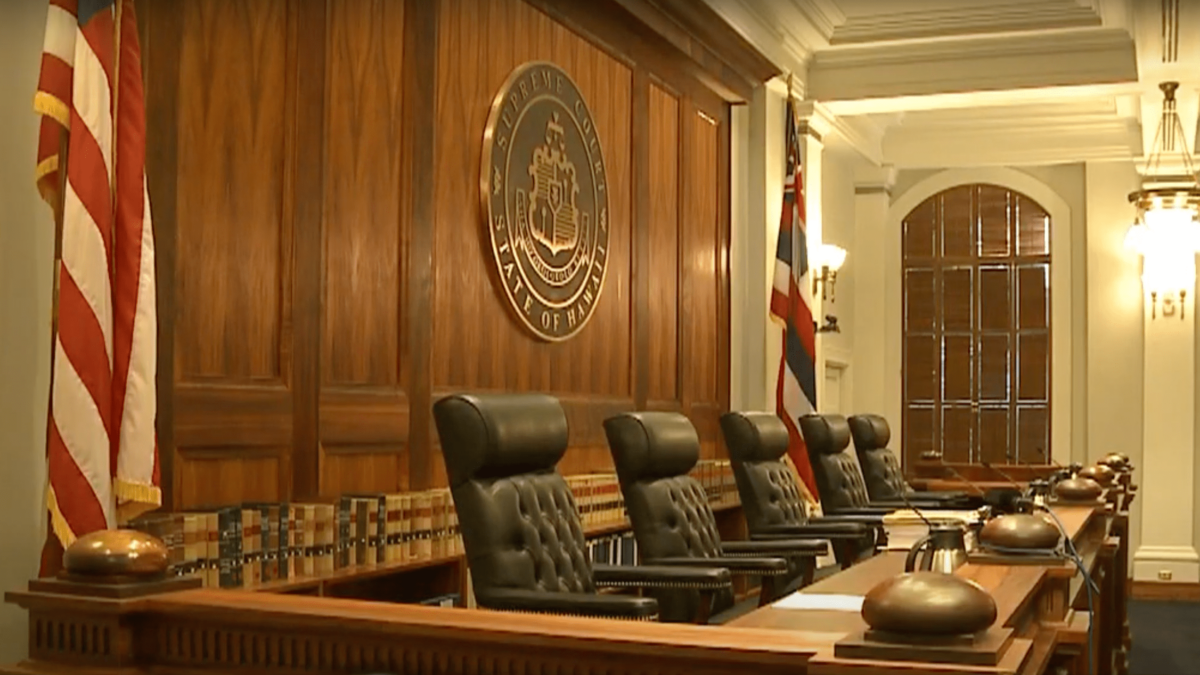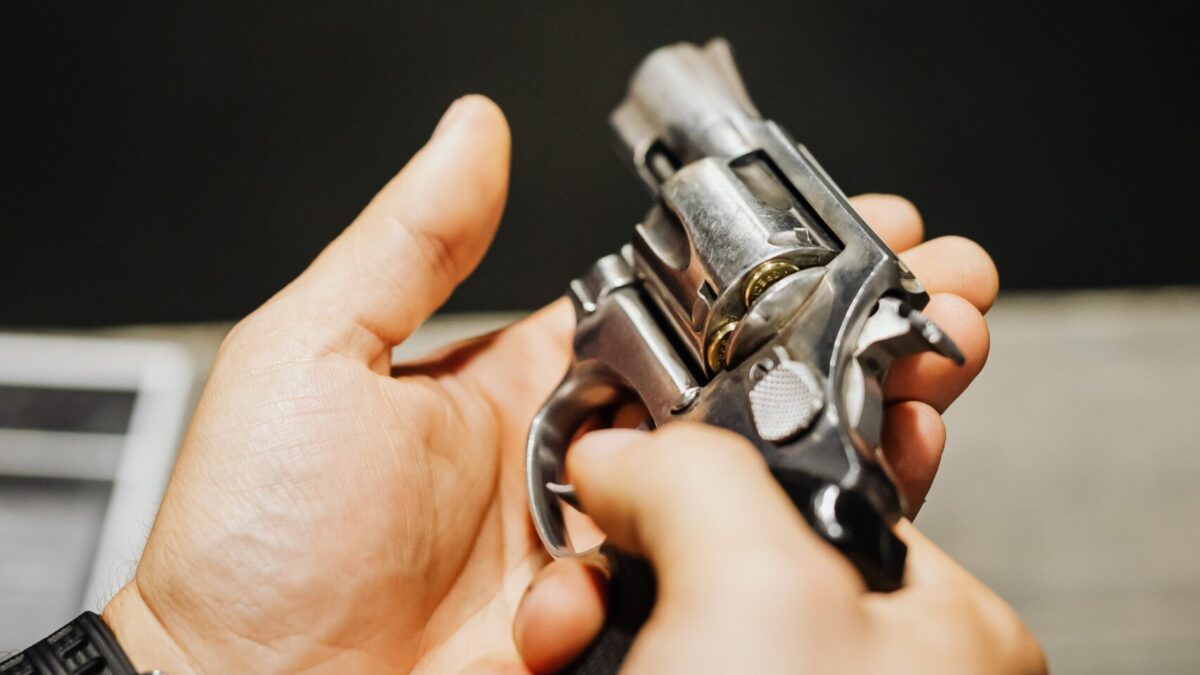On the morning of January 23, 1911, an unstable Harvard graduate with the theatrical name of Fitzhugh Coyle Goldsborough walked up to the novelist David Graham Phillips on a Manhattan street and unloaded six shots from his .32-caliber pistol into him. Goldsborough, who believed the novelist had defamed his sister, reloaded his gun, placed it against his temple, and pulled the trigger. Goldsborough died instantly.
The murder-suicide shocked the city. Although the crime destroyed many lives, none of them would change history quite like George Petit le Brun, the man who performed the autopsies on the bodies at the city coroner’s office.
“I reasoned that the time had come to have legislation passed that would prevent the sale of pistols to irresponsible persons,” he later wrote. After two years of imploring local politicians to institute gun control laws, le Brun finally found an ally in Timothy D. Sullivan, one of the most corrupt politicians of his age, a Tammany Hall operator known to New Yorkers as “Big Tim.”
One of the big talking points in the aftermath of the Supreme Court’s New York State Rifle and Pistol Association v. Bruen decision last week—it is mentioned in nearly every news piece—is that New York’s “may issue” permit law had been on the books for more than 100 years. And that’s a long time. But time does not make a law constitutional or efficacious.
The Sullivan Act, passed in 1911, was the nation’s first statewide gun control law. It required New Yorkers who possessed firearms small enough to be concealed to ask local cops—who could deny the request not just to “irresponsible persons” but to anyone, and for any reason, they liked—for a license.
People caught owning guns without one would face a misdemeanor charge, and those carrying guns without one a felony. In addition to handguns, the law prohibited the possession or carrying of weapons such as brass knuckles, sandbags, blackjacks, bludgeons, and bombs, as well as possessing or carrying a dagger, “dangerous knife,” or razor “with intent to use the same unlawfully.”
Such discretionary and capricious gun laws would allow corrupt cops to disarm rival gangs that threatened Tammany Hall’s authority or undermined its political interests. Big Tim’s cronies could use the law to punish business owners who didn’t pay protection money or deny entire neighborhoods the ability of self-defense.
Although Big Tim was corrupt in every way imaginable—he was involved in bribery, gambling, prostitution, and rigging elections, for starters—historians like Terry Golway assure us Sullivan really wanted to clean up neighborhoods “awash in cheap pistols.” “His law is now off the books,” writes Golway, “His wisdom remains.” One would have to suspend disbelief to accept that some of the most corrupt bureaucrats of the age, people who weren’t beneath exploiting women and children or shaking down businesses, wouldn’t abuse a malleable law that empowered them to deny their political opponents the right to defend themselves. Moreover, whatever Sullivan’s intentions were, there was no decline in gang violence or murder in New York in the ensuing years.
In 1911, there were 366 homicide arrests in New York. By 1920, there were 743. Then, like now, criminals remained unconcerned with attaining proper licensing before engaging in criminality. Only law-abiding citizens cared. We will never know how many shopkeepers and immigrants were left defenseless to thugs in those years. Even after the fall of Tammany, getting a gun for self-defense was prohibitively difficult. Essentially, the Second Amendment didn’t exist. The wealthy—Trumps, Sulzbergers, and Rockefellers, among many other notables—had no problem obtaining licenses over the years. This leaves poor and minorities, who often lack the resources or time to figure out the process, without their rights.
It’s always been a mystery to me why those critical of law enforcement are fine with allowing them to make key decisions. Then, as now, it was up to citizens to beg officials to allow them to defend themselves against subjective reasons that allow politicians, bureaucrats, and law enforcement to pick and choose who gets to practice their rights.
